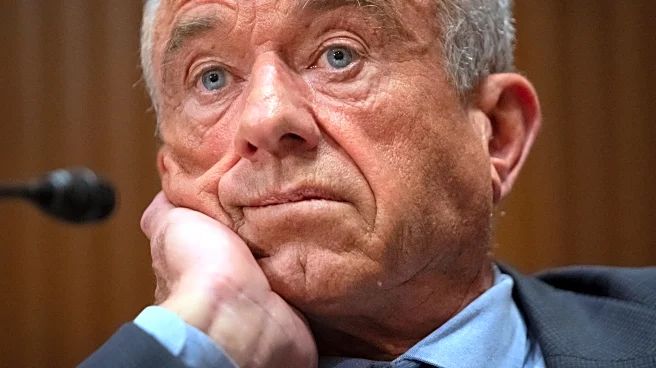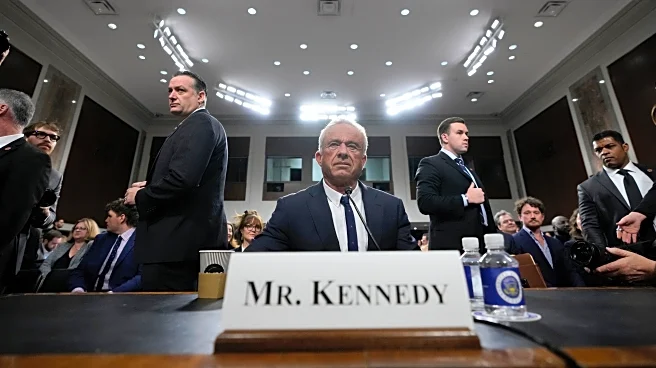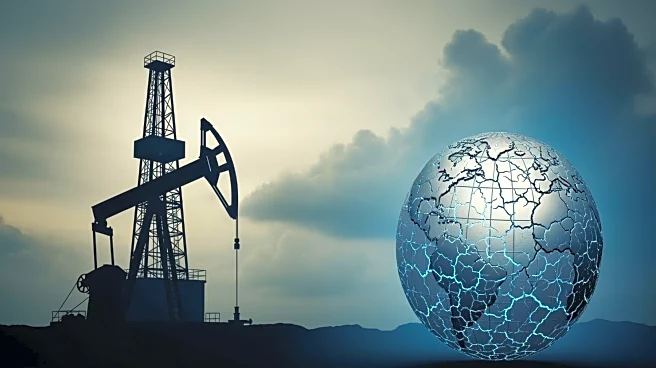Rapid Read • 8 min read
Economist Paul Krugman discussed the effects of President Trump's tariffs on the U.S. economy during an interview. Krugman highlighted the imposition of a 50% tariff on coffee, expressing personal frustration as a coffee drinker. He noted that while inflation is not excessively high, it is increasing in the wrong direction, potentially leading to stagflation. Krugman explained that tariffs act as a selective sales tax, disproportionately affecting lower-income consumers. He also commented on the political dynamics, mentioning Republican Representative Mike Flood's perspective on Congress's role in tariff decisions. Krugman expressed skepticism about the effectiveness of trade deals with Europe, suggesting they are largely symbolic. He also questioned the sincerity of American industry's efforts to reshore production, citing Tim Cook's presentation at the White House as potentially more about optics than substantial change.
AD
The tariffs imposed by President Trump have significant implications for the U.S. economy, particularly affecting consumer prices and economic growth. Krugman's analysis suggests that these tariffs could exacerbate economic inequality, as they function like regressive sales taxes impacting lower-income individuals more heavily. The political aspect of tariff imposition raises questions about the balance of power between the presidency and Congress, with potential legal challenges looming. The broader economic impact includes potential slowdowns in growth and increased inflation, which could lead to stagflation—a combination of stagnant economic growth and inflation. The skepticism around reshoring efforts by American companies highlights the complexities of global supply chains and the challenges in achieving substantial domestic manufacturing increases.
The future of President Trump's tariffs remains uncertain, with potential legal challenges and political debates likely to continue. The effectiveness of trade deals and reshoring efforts will be scrutinized, as stakeholders assess the real impact on the economy and industry. Congress may face pressure to assert its role in trade policy, potentially leading to legislative or judicial actions. The economic indicators, such as inflation rates and consumer spending patterns, will be closely monitored to gauge the ongoing impact of tariffs on the U.S. economy.
The ethical and legal dimensions of tariff imposition raise questions about executive power and its limits. The cultural impact of tariffs, particularly on consumer habits and industry practices, could lead to long-term shifts in how goods are produced and consumed. The potential for increased economic inequality due to regressive tariff effects may spark broader societal debates about fairness and economic justice.
AD
More Stories You Might Enjoy













